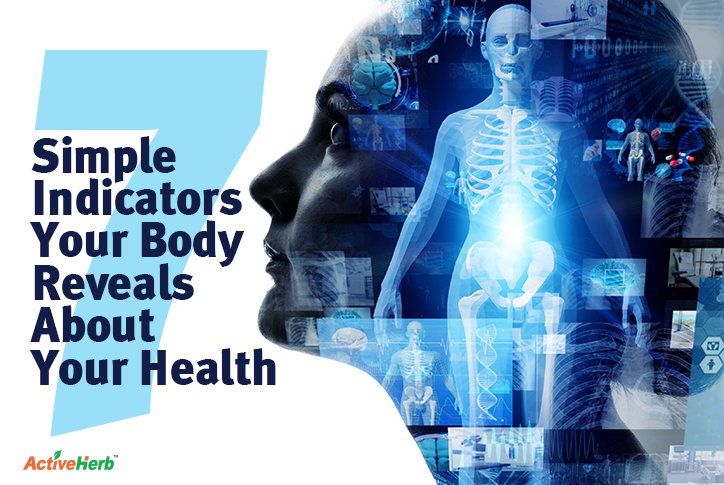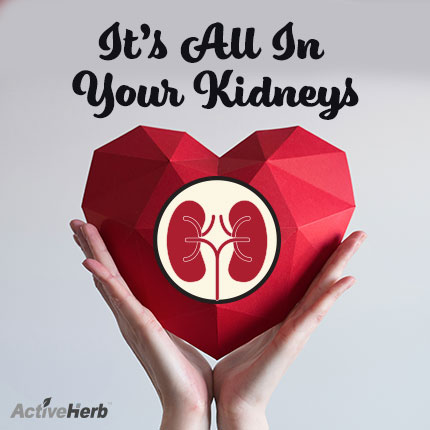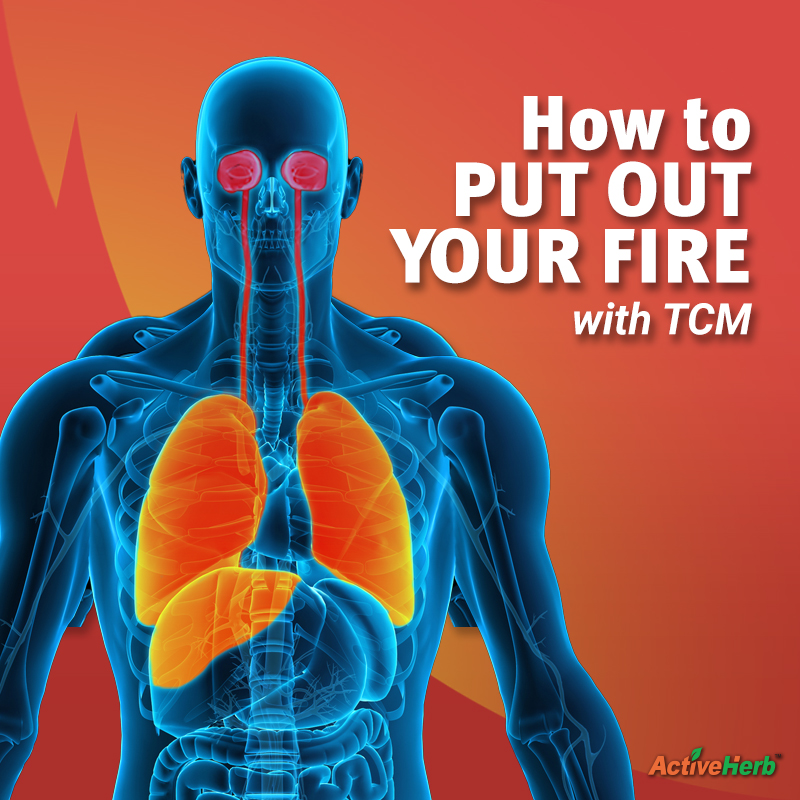7 Simple Indicators Your Body Reveals About Your Health

Tongue and pulse diagnoses are the diagnostic tools of choice for acupuncturists and Chinese medicine doctors. But with some simple observations, these 7 indicators can reveal clues into the state of your health. Let’s dive right in….
#1: Waking Up In The Middle Of The Night (And Not Because You Have To Pee)
If you drink a lot of alcohol or water before bed, it doesn’t take a doctorate in Chinese Medicine to figure out why you’re waking up in the middle of the night. So aside from that, let’s examine the root causes of poor sleep quality through the lens of TCM.
In TCM theory, sleeping through the night is a simple indicator that your body is relaxed and the organs are operating in harmony. In general, the better your sleep quality, the better your health. But if you wake up a couple times during the night, it’s an indication that there is an imbalance of both Qi and the Heart (the TCM theoretical organ, not the physical organ).
The Heart controls the Spirit (or “shen”). Shen needs to be stored at night. If your spirit is not stored well by the Heart, sleep quality suffers. In an agitated state, the shen becomes like a ghost infiltrating the body, causing restlessness.
If you consistently wake up at a certain time, it could be an indication that a certain organ is imbalanced. Just like the circadian clock of modern physiology, TCM theory maintains that each organ has a two-hour window in which it is most active. If you wake up consistently between 1:00 and 3:00 a.m., this is indicative that the Liver is not working optimally.
Need your Heart and Spirit to be better balanced? Try SpiritCalm, which supports a peaceful mind and restful sleep.
#2: Cold Feet Is OK Before A Wedding But Not Everyday
It’s one thing to have cold feet if you’re wearing no socks in wintertime, and before reciting your vows on your big day. But if your extremities are always cold, it’s an indication of either Yin excess or a Heart Yang deficiency. Yin is like the body’s air conditioner and Yang is the radiator. Just as in Western anatomy, one of the functions in TCM of the Heart is to pump the blood at the optimal speed, pressure and temperature. You could say that if you have Heart Yang Deficiency, you’re cold-blooded and have poor blood circulation.
Heart Yang deficiency results in the heart not being strong enough to sufficiently pump blood to the extremities. According to TCM theory, the feet when cold send a a signal to the heart that more energy is needed to warm up. But if there’s poor blood circulation, the feet won’t warm up. Men with prostate issues and women with uterine health concerns or difficult menses tend to frequently have cold feet.
#3: If A Sloth Is Your Spirit Animal
If you’re dragging all the time, relying on coffee, soda, sugary snacks, or energy drinks just to make it through the work day, you have a serious case of Qi deficiency.
Each and every day, you need to constantly replenish your Qi with proper diet, exercise and stress management. One of the reasons you may have Qi deficiency is because of poor digestion. In TCM theory, the Stomach is the center of your Qi dispersion. Makes sense, right?
After all, the stomach is in the center of your body. But in Western medicine, we just think of the stomach as the organ that breaks down food. In TCM what you eat directly affects not only your stomach but also the Spleen. The Spleen is the primary organ responsible for transforming nutrients into Qi, which in turn manufactures organ-nourishing Blood.
If your diet consists of lots of processed food, your Spleen Qi becomes deficient.
#4: What Your Pee And Poo Says About You
Here’s an interesting piece of trivia: Guess what time is considered optimal to go #2, according to TCM theory?
The answer is … [drum roll] …
5-7 a.m.
Why is this the best time? Let’s revisit the TCM organ clock, which says that during this time, the large intestine rules the body. But if you’re not eliminating that early, don’t despair. There are other health indicators that your elimination patterns reveal. First, it’s considered normal health to immediately urinate or defecate immediately upon waking. Second, having a daily bowel movement is essential for metabolic waste removal, a sentiment shared with Western medicine. Third, the number of times that one should urinate each day is 3-7 times.
If you urinate far more than this, it’s a sign of Kidney Yang deficiency, characterized by excess dampness in the body. Dampness in the body can cause the fluids (like urine) to not evaporate, thus leading to excess accumulation (water retention) or difficulty with urination
#5: Nailing It!
One of the most interesting health indicators in TCM is the appearance of the nails. At the edge of your nail (where the nail bed and skin meet), there should appear a half-moon shape or crescent shape in at least 8 out of the 10 nails crescent. The edges of the nail bed should also appear neat and clear. This is an indication that you have plenty of Qi and Blood. It also is a reflection of Yin and Yang balance in the organs.
Not seeing any half moons in the nail bed and/or having a very little one on the thumb indicates the body has a Yang deficiency and underperforming function of organs.
As for the color of your nail bed, unless you get a manicure, your nail beds should never appear yellow, purple or pale white. (Peachy is indicative of healthy nails.)
#6: Waking Up With An Erection
According to TCM theory, men should experience an erection and women should have sensitive breasts first thing in the morning. This indicates abundant Yang energy. Unfortunately (for men), the aging process (along with taking medication) can deplete morning erections.
#7: Just Eat It!
In TCM theory, when someone requires a medical intervention, oftentimes, the patient’s appetite is poor. This of course is common in Western medicine, too. However, in TCM a major indicator of a patient’s recovery is the restoration of appetite; the bottom line of treatment in TCM is to always protect or restore the appetite and digestive function in order to replenish Qi. A sign that the appetite has restored indicates Yin-Yang balance and that the patient is on the road to recovery.
There’s a fable in Chinese medicine about appetite. Two young lovers become separated by a considerable distance. The girl, lovesick, has no appetite. Speaking to her long-distance boyfriend on the phone, she inquires about his appetite. The boyfriend says, “it’s fine.” If a father teaches his daughter about love, then the daughter will know that her boyfriend is lying. If you’re lovesick, you won’t have much of an appetite. This proves that affairs of the heart are directly related to the stomach, no matter the culture.
If you can identify with any of these indicators check out our health concerns page. ActiveHerb is the most trusted brand of traditional Chinese medicine (TCM) for over 35,000 acupuncturists and other health professionals.
Suggested Reading From The ActiveHerb Blog:
Get to the Heart of the Matter
Cold Feet? These 3 Herbal Remedies Improve Blood Circulation






